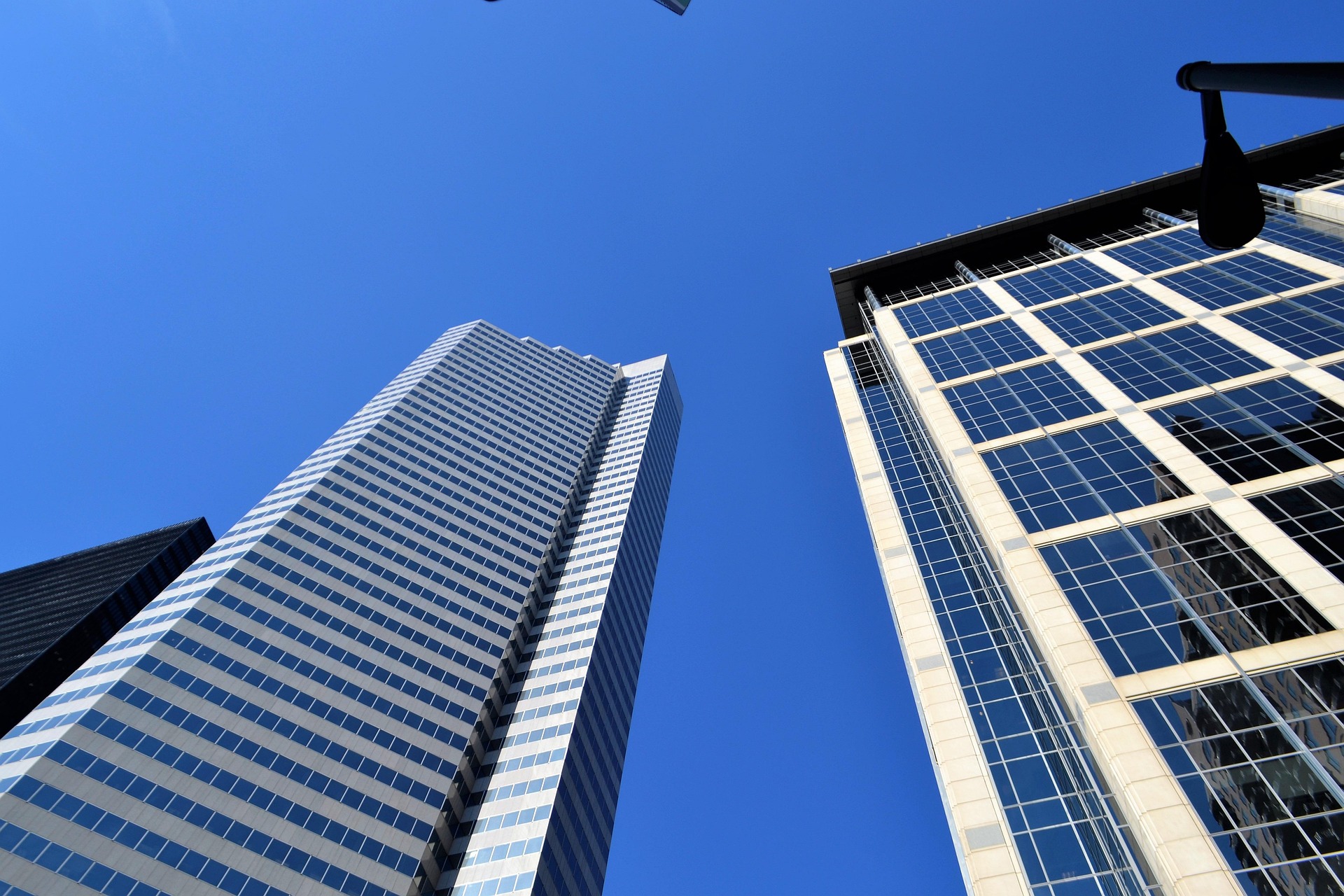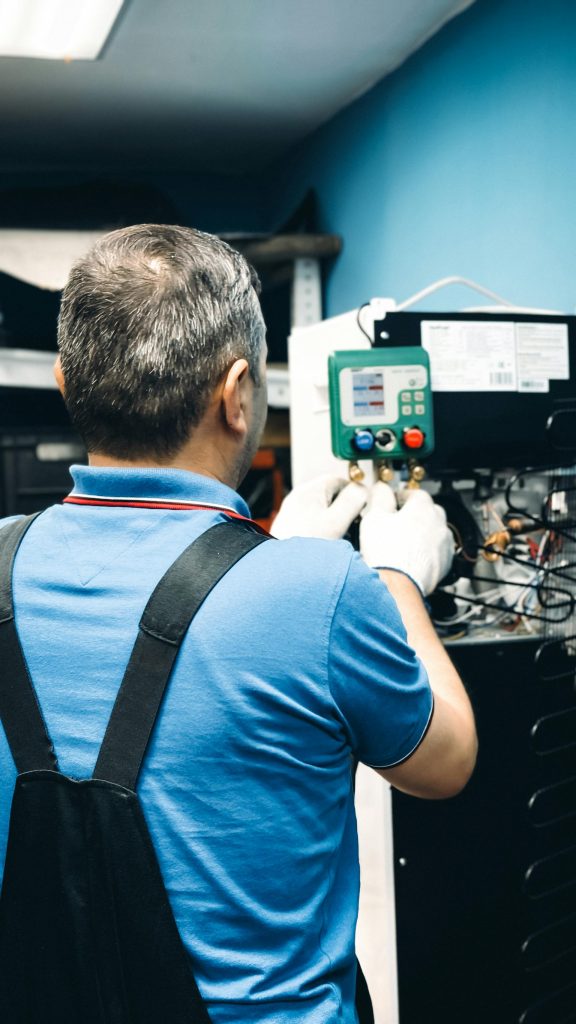Regular maintenance can impact operational efficiency, employee satisfaction, and long-term sustainability. Many business owners underestimate the strategic importance of facility upkeep, focusing on immediate financial returns. Investing in commercial building maintenance safeguards physical assets and improves business credibility and customer trust.
Recognize that well-maintained facilities attract tenants and clients alike, reinforcing the notion that meticulous attention to detail reflects professionalism and care. Dive into various reasons why prioritizing commercial building maintenance will fortify your business’s strategic position.

Operational Efficiency and Cost-Effectiveness
One of the foundational advantages of consistent maintenance is an increase in operational efficiency. Routine inspections and maintenance tasks minimize the likelihood of unexpected breakdowns, which can cause downtime and repair costs. A malfunctioning HVAC system can disrupt productivity and result in discomfort among employees and customers.
Businesses that invest in services can guarantee that systems operate optimally, reducing energy consumption and utility bills. Companies need to allocate resources more effectively and maintain budget targets without compromising service quality. For elevator maintenance in the area, look for specialized elevator technicians in the Central Texas who have experience and the right equipment to handle the job. Preventive maintenance is a strategy for sustaining profitability.
Safety and Compliance
Safety in commercial buildings should be your business’s top priority. Regular maintenance identifies potential hazards that can result in accidents and injuries. All fire extinguishers should be functional, and exits should be clear for meeting safety regulations and protecting the well-being of occupants. Compliance with local building codes avoids penalties and maintains good standing with regulatory agencies. Neglect can lead to costly fines and legal issues and jeopardize a company’s reputation. Partnering with specialized service providers, such as a top rated Tuscaloosa pest control company, can also play a role in maintaining a safe, compliant environment by preventing infestations that may compromise health and safety standards.
A systematic maintenance schedule assists in keeping up with these legal requirements. When businesses prioritize safety through regular inspections, their employees and clients feel valued, creating an atmosphere of trust and reliability.
Safe entry to the roof is a part of this safety plan that people often miss. Maintenance teams need a way to get to the top of the building without risk. Using high-quality surespancovers.com/product-
Property Value and Marketability
A well-maintained commercial property generates higher resale values and greater leasing demand. Prospective buyers or tenants are much more likely to be attracted to a property that reflects care and attention in its upkeep. Painting, landscaping, and updating fixtures improve curb appeal and create an inviting atmosphere for potential customers. With increased marketability, a business stands a better chance of achieving its financial goals.
Maintaining a property can be viewed as a form of brand management. A property that appears spruced up and functional can positively influence a company’s reputation, leading to increased customer loyalty.
Employee Well-being and Productivity
The physical work environment affects employee performance and morale. Spaces that are clean, safe, and well-maintained contribute to job satisfaction. A healthy work environment has been linked to increased productivity, with studies indicating that employees working in well-lit and temperature-controlled offices are more focused and efficient. Faulty plumbing or a malfunctioning heating system can distract employees, which results in frustration and decreased output.
Businesses explicitly demonstrate their commitment to employee well-being. Regular upkeep creates a positive work environment and encourages employees to take pride in their workplace. When employees feel cared for, they are more likely to remain loyal and engaged, contributing to lower turnover rates and better performance.
Sustainability and Environmental Responsibility
Modern consumers are conscious of their environmental footprint and prefer to engage with companies that share these values. Regular inspections of HVAC and plumbing systems can identify leaks or inefficiencies that, when left unattended, could lead to excessive energy or water waste.
Eco-friendly cleaning supplies and energy-efficient appliance upgrades are some sustainable practices that showcase a commitment to environmental stewardship. Aligning maintenance practices with sustainability principles improves a company’s reputation and appeals to environmentally aware customers.
Risk Management and Insurance Savings
Properly maintained facilities reduce the likelihood of incidents that could lead to liability claims or insurance losses. Insurers assess properties for maintenance history when issuing policies. A positive track record translates into lower premiums, and insurers recognize how to mitigate the risks.
By maintaining up-to-date records of all maintenance activities, businesses can provide documentation that aids in claims processes if incidents do occur. Consistent maintenance solidifies corporate resilience and secures financial stability through effective management of risk-related expenses.
Client Relationships
The impression that a well-maintained facility leaves on clients can be priceless. When clients visit a company, the state of the building influences their perception and trust in the business. An orderly and functional working environment reflects professionalism and attention to detail.
Regularly scheduled building maintenance guarantees that every aspect of the facility is in top shape, from the parking lot to restrooms. These small details can boost a client’s experience, fostering positive relationships and encouraging repeat business. A company that visibly prioritizes maintenance signals its devotion to quality, which resonates profoundly with customers.

Maintaining a commercial building represents a strategic move that directly influences many aspects of a business’s operations. The advantages of thorough maintenance are extensive: from improving operational efficiency to promoting sustainability and strengthening client relationships.
Businesses should actively manage their physical assets and recognize that the implications of these strategies go far beyond the immediate financial benefits. A commitment to regular maintenance is an investment in operational excellence and the company’s long-term success.

Peyman Khosravani is a global blockchain and digital transformation expert with a passion for marketing, futuristic ideas, analytics insights, startup businesses, and effective communications. He has extensive experience in blockchain and DeFi projects and is committed to using technology to bring justice and fairness to society and promote freedom. Peyman has worked with international organizations to improve digital transformation strategies and data-gathering strategies that help identify customer touchpoints and sources of data that tell the story of what is happening. With his expertise in blockchain, digital transformation, marketing, analytics insights, startup businesses, and effective communications, Peyman is dedicated to helping businesses succeed in the digital age. He believes that technology can be used as a tool for positive change in the world.









